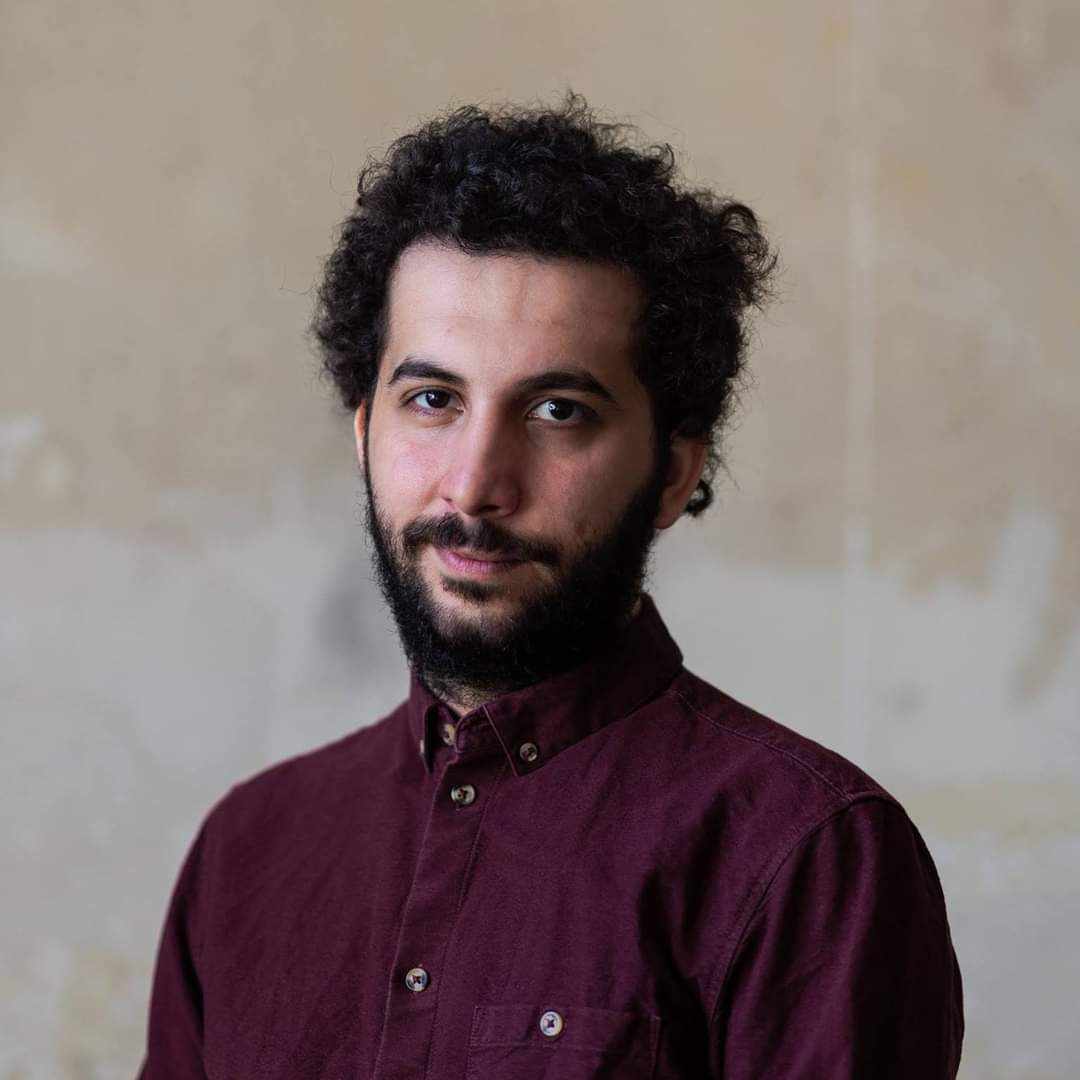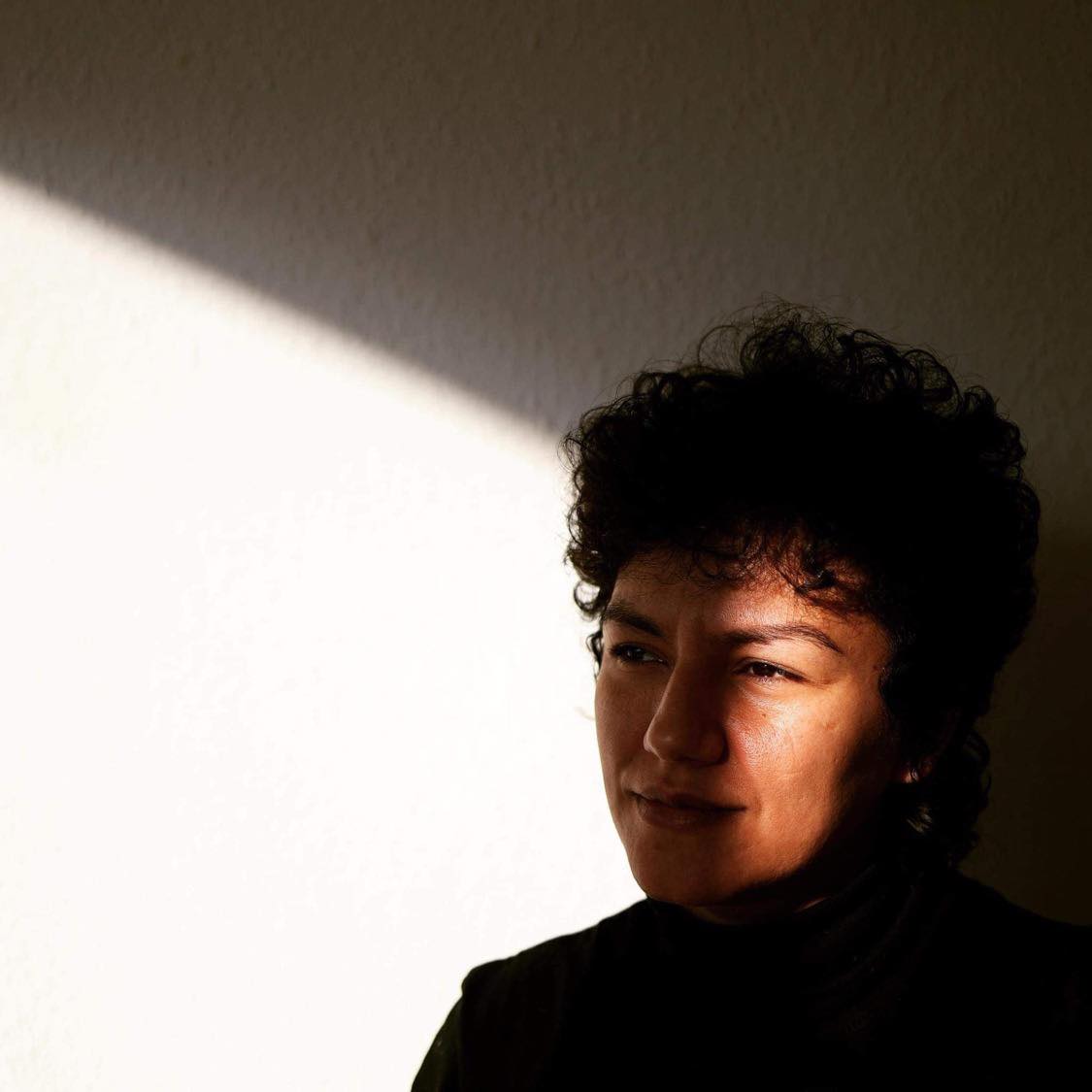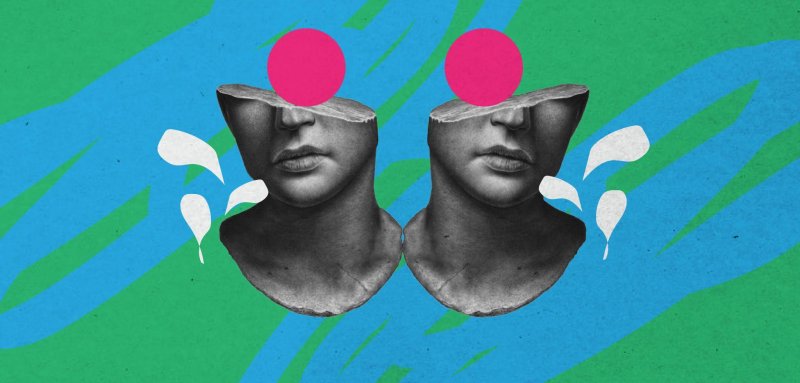They were forced to flee their homelands in order to avoid torture, imprisonment and even death.
Despite being safe in their adopted European countries, the repression that many faced in their countries of origin continue to plague many Arab refugees. Fear has become a constant companion and barrier preventing integration and assimilation.
Between feelings of survivor's guilt and the inability of some to integrate into their new communities, Raseef22 examines the impact of oppression in the Arab world on the lives of some Arab refugees in Europe.
Anger that never fades
After a political arrest lasting several months, human rights activist Mohamed Radwan fled from Egypt to Tunisia and finally to Britain. The 'taste of tyranny' that he says he experienced in two Arab countries ignited an anger within him that has not yet been extinguished.
In Egypt, Radwan was unable to carry on with life as he knew it before his imprisonment. For eight months after his release, he was unable to sleep at night, and would only be able to nap after dawn. “I was afraid that the police would break into my house and arrest me again.” Crippled by fear, Radwan fled to Tunisia months after the current Tunisian president, Kais Saied, came to power.
He began to feel better, but in July 2022, Saied imposed “extraordinary measures” turning Tunisia into a “dictatorship.” Insecurity, coupled with the fear of deportation, plagued Radwan. There was increased restriction of freedoms and the targeting of journalists and human rights defenders, regardless of whether Tunisian or foreign.
In Egypt, Radwan was unable to carry on with life as he knew it before his imprisonment. For eight months after his release, he was unable to sleep at night, “I was afraid that the police would break into my house and arrest me again.”
“With the escalating repression in Tunisia, I decided to flee to Britain,” says Radwan, who arrived in London in mid-2023. However, the repression and tyranny he experienced in Egypt and Tunisia continue to haunt him. Radwan explains feeling constantly angry, as he is far from his homeland and unable to be with his family.
He adds, “I have feelings of anger because I couldn't find the Egypt I dreamed of, and whenever I see any dealings here that respect the minimum rights of the components of society, I feel great sorrow, and I wonder, why our country isn't like this?”
Radwan tells Raseef22 that part of his guilt stems from his newfound ability to enjoy complete freedom, including the freedom to criticize the British government’s policies regarding Palestine at a time when many of his countrymen are being arrested for their “solidarity with the cause.”
As he walks freely and fearlessly around London, Radwan remembers his friends in Egypt who are still subject to oppression and unlawful imprisonment. He says, “I have never doubted the path I chose. On the contrary, I feel proud at times because I did not back down and did not succumb to pressure prior to my departure from Egypt.”
As he walks freely around London, Radwan remembers his friends in Egypt who are still subject to oppression. “I've never doubted the path I chose. I feel proud at times because I did not back down and didn't succumb to pressure prior to my departure from Egypt”
According to an analysis conducted by Anadolu Agency of data from the European Union Agency for Asylum, 15,429 Egyptians filed asylum applications in 2022, the highest number since 2014.
This number has multiplied almost three times in two years, as the lowest recorded figure in the last nine years was 3,220 applications, in 2020.
Fear and survivors’ guilt
More than four million Syrians fled the horrors of war to seek safety in neighboring countries and across Europe. Dellair Youssef, a Syrian journalist, fled to Germany in 2011. Well over a decade later, he still carries survivors' guilt.
“In 2011, I left Syria carrying with me the guilt of my survival,” shares Youssef, who has returned to Syria several times since fleeing, illegally crossing the border in order to report and write a story. “The return was to get rid of the survivor's guilt [...] Sometimes I think that I left Syria too quickly, but other times, I think what if I had left much earlier? If I had avoided the psychological trauma? If I had not lived in the fear that Syrians have been engulfed by for decades– fear of the police, fear of the security, fear of one’s neighbors, fear of arrest, fear of torture. And the waiting, that loathsome waiting. Waiting for life to improve, waiting at the security branch until the interrogation time comes, waiting for torture, waiting for release, waiting in the streets, the constant waiting.”
“In 2011, I left Syria carrying with me the guilt of my survival.”
 Dellair Youssef, Syrian journalist and writer
Dellair Youssef, Syrian journalist and writer
Youssef has spent nearly 14 years in Germany, and he still sometimes thinks about those who were not born in a country like Syria. Do they too carry trauma and psychological complexes? Youssef shares, “I think about my life in Germany and the fear I carry inside me, even though I am currently a German citizen. The fear of doing anything wrong, the fear of deportation, despite its impossibility after I obtained German citizenship, the fear of bureaucracy, the fear of the systemic racism in German institutions, the fear of the rising Nazism in the region, the fear of everything.” Youssef concludes by saying, “I ask myself, was fear born with us in those countries? Is there a place in the world where I can live without fear?”
131,700 Syrians submitted applications for asylum across the European Union in 2022, the largest number of asylum seekers from any country globally. In 2020, there were 64,540 applications for asylum in Europe by Syrians, the lowest recorded number since 2014. Applications reached a record high 371,000 requests in 2015.
“I think about my life in Germany and the fear I carry, even though I'm a German citizen. The fear of doing anything wrong, the fear of deportation, the fear of bureaucracy, the fear of systemic racism, the fear of the rising Nazism… the fear of everything”
Unable to integrate
Journalist Basma Mostafa has been in Germany for about three years since fleeing Egypt following her imprisonment in connection with a political case. Despite having left Egypt, Mostafa still feels as though her freedom is restricted and feels unable to integrate into German society, where she has chosen to escape the “oppression and tyranny” in her home country.
Mostafa lives in Berlin with her husband and their two daughters. She tells Raseef22 that her experiences in Egypt made her fearful and anxious whenever she would come across police during her first few months in Germany. She opens up about her experience reporting on the pro-immigration protests in Berlin in 2021.
“When I arrived at the protest location, I was surprised to see a large number of police officers. I could not breathe properly, I kept looking around, and I was afraid of taking out my camera and capturing photos, so that no one would take it from me. I was entirely focused on not getting beaten or arrested.”
She feels like she is unable to integrate into German society, “I come from experiences that white individuals cannot comprehend. We have to recover while tending to the whirlpool of requirements required for daily life here. Integration comes later!”
Basma is not alone. She says, “My daughters’ relationship with the police here is also complicated because of what happened to us in Egypt. At first, they would scream upon seeing police in the street, and hide behind me.”
In July 2022, Mostafa took part in a demonstration against the Egyptian president on his visit to Germany. She gave a speech criticizing his policies, at the same time that he was having his photograph taken with German Chancellor Olaf Scholz in front of the Cabinet Building. She was confident that there would be no repercussions to her words.
“Suddenly, the scene turned into one out of the streets of Cairo.” Mostafa explains that two “honorable” Egyptians verbally assaulted and physically attacked her in the presence of the German police.
She expected the police to come to her defense, but the opposite happened. She explains, “the police protected the two individuals who assaulted me as soon as an Egyptian diplomat intervened in their favor. They refused to hear my account of the incident despite me being the victim.”
 Egyptian journalist Basma Mostafa
Egyptian journalist Basma Mostafa
According to UNHCR, there were 12.4 million refugees in Europe at the end of 2022. Turkey is the largest host country for refugees worldwide, with 3.6 million in 2022. Germany is the second-largest host country for refugees in the European region, hosting approximately 2.1 million refugees at the end of 2022.
The situation escalated after the outbreak of the Israeli war on Gaza, with German police suppressing pro-Palestine protests and the voices of those calling for a ceasefire, according to Mostafa, who says, “This was a major shock to me – with the situation resembling the events of the revolution in Egypt.” She points out that in the last protest she attended, she froze in fear and ultimately decided to leave. “I feared that I would be beaten, and my health cannot withstand a single blow.” Basma is currently battling cancer.
She feels unable to integrate into German society, saying, “I, and others like me, come from experiences that white individuals cannot comprehend. We have to recover amidst the many requirements that we are forced to meet in order for our lives to stabilize here. I see that integration is lost amidst the whirlpool of requirements because during this time, each of us wants more time to complete the basic tasks required for survival. As for integration – that comes later!”
According to the United Nations High Commissioner for Refugees (UNHCR), at the end of 2022, the number of refugees across Europe reached 12.4 million. Turkey is the largest host country for refugees worldwide, with a recorded 3.6 million refugees within its borders at the end of 2022.
Germany is the second-largest host country for refugees in the European region, hosting approximately 2.1 million refugees at the end of 2022.
In 2022, there were approximately 1 million asylum seekers in the European Union. According to the European Union Agency for Asylum, 2023 could see an increase. This is the highest number since 2015, after the refugee crisis led to an exceptionally large influx of asylum seekers.
"The scenes of German police suppressing Palestinian protests were a major shock to me. The situation was similar to the events of the revolution in Egypt.. I feared that I would be beaten, and my health cannot withstand a single blow"
Among those arriving into the European Union in 2023, there were more than 350,000 people who arrived irregularly, according to the European border protection agency Frontex.
Syria, Iraq, and Morocco top the list of the ten Arab countries with the highest number of asylum applicants to the European Union in 2022, according to an analysis of data from the European Union Agency for Asylum conducted by Anadolu Agency.
Raseef22 is a not for profit entity. Our focus is on quality journalism. Every contribution to the NasRaseef membership goes directly towards journalism production. We stand independent, not accepting corporate sponsorships, sponsored content or political funding.
Support our mission to keep Raseef22 available to all readers by clicking here!
Interested in writing with us? Check our pitch process here!



